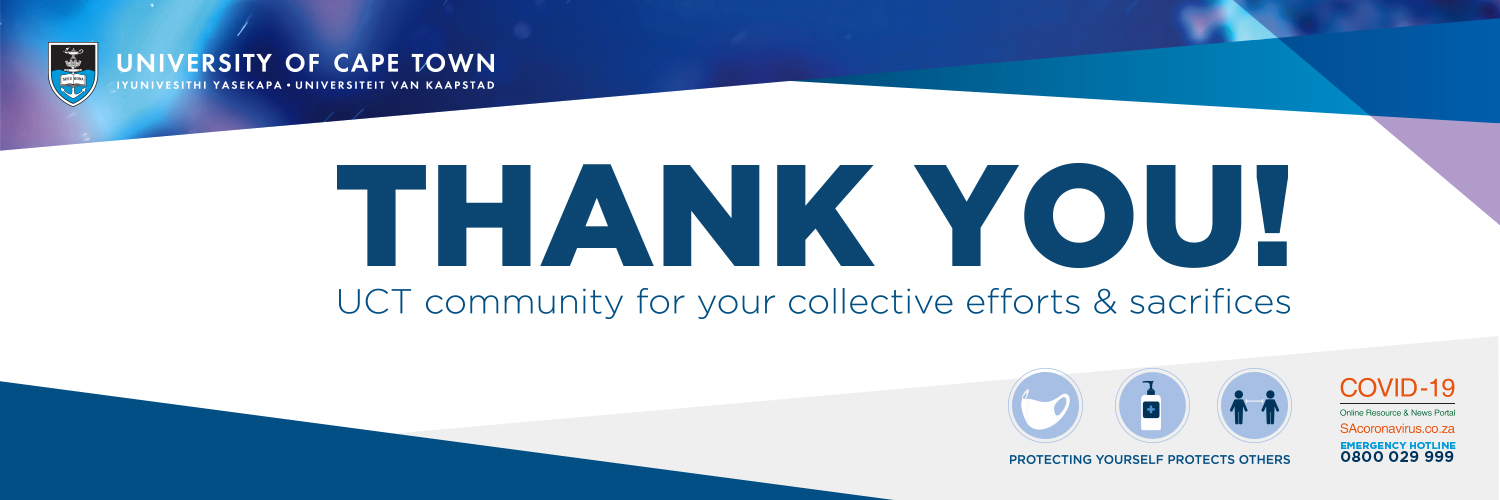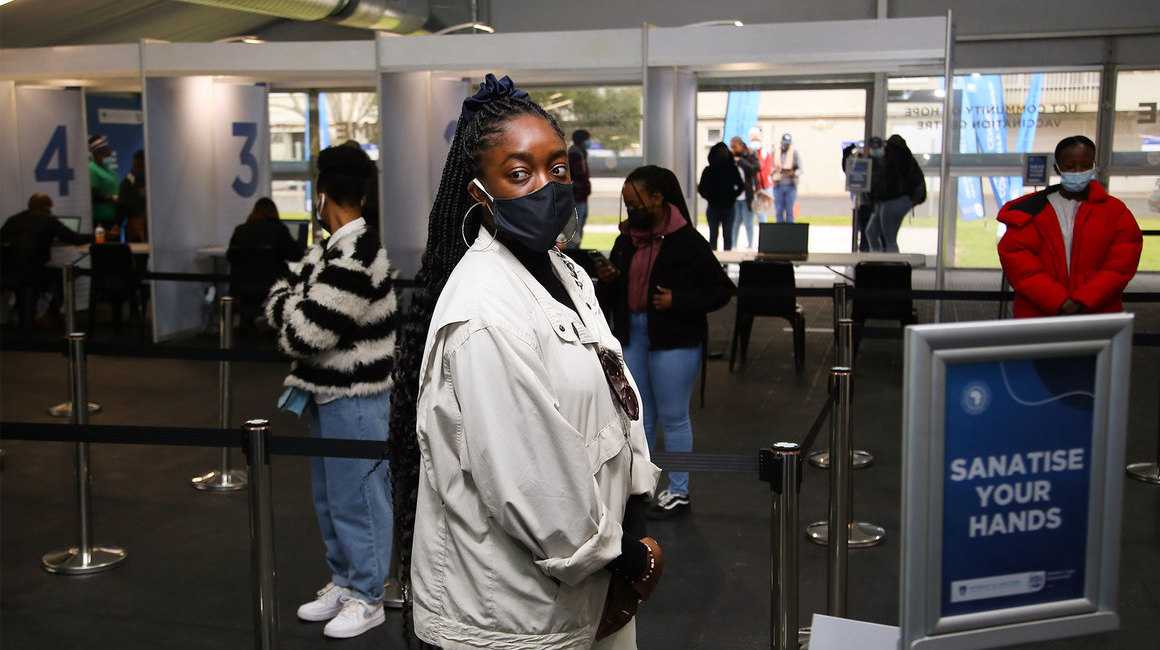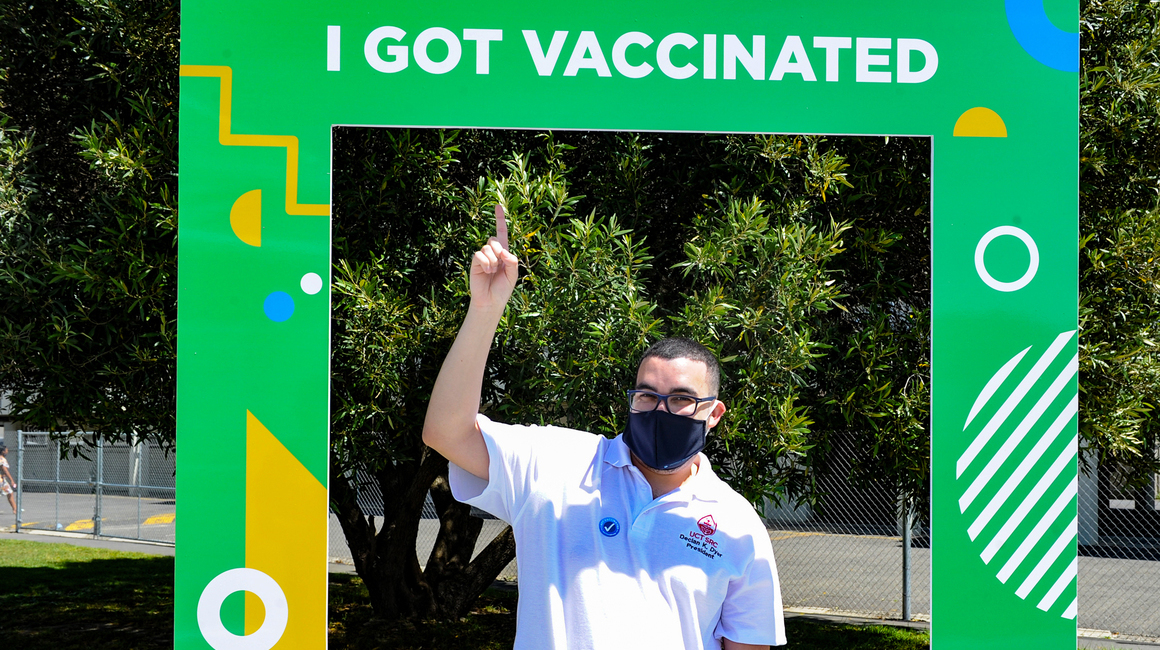Being male and obese are not linked with ICU mortality in COVID-19 patients
01 July 2021 | Story Staff writer. Photo Tai’s Captures / Unsplash. Read time 2 min.
A new international study has shown that contrary to some previous research, being male and increasing body mass index (BMI) are not associated with increased mortality in COVID-19 in patients admitted into an intensive care unit (ICU).
The study, led by Professor Bruce M Biccard, professor and second chair in the Department of Anaesthesia and Perioperative Medicine at the University of Cape Town (UCT), was published in the journal Anaesthesia and provided an analysis of 58 studies and 44 305 patients.
Patients with COVID-19 in ICU were 40% more likely to die with a history of smoking, 54% more likely with high blood pressure, 41% more likely with diabetes, 75% more likely with respiratory disease, around twice as likely with cardiovascular disease or cancer, and 2.4 times more likely to die with kidney disease, than patients without these risk factors.
“The findings confirm the association between diabetes, cardiovascular and respiratory comorbidities with mortality in COVID-19 patients. However, the reported associations between male sex and increasing BMI worsening outcomes are not supported by this meta-analysis of patients admitted to ICU,” said Professor Biccard.
“This meta-analysis provides a large sample size with respect to these risk factors and is a robust estimate of risk associated with male sex and BMI in critically ill COVID-19 patients.”
“The risk factors of hypertension, smoking and respiratory disease may be linked by their association with angiotensin-converting enzyme ... receptors in the body.”
Other factors associated with an increased risk of death were the severity of organ failure, needing mechanical ventilation (by 2.5 times compared with non-ventilated ICU patients), and elevated white blood cell counts and other markers of inflammation.
Analysing the reasons for the associations, the study found age may effectively represent frailty in COVID-19 patients which impacts on a person’s physiological reserve to overcome a critical illness.
The risk factors of hypertension, smoking and respiratory disease may be linked by their association with angiotensin-converting enzyme (ACE) receptors in the body, as seen by the increased expression of ACE-2 receptors among smokers and patients with chronic obstructive pulmonary disease.
“The association between hypertension and cardiovascular disease and increased mortality may be linked to the risk of cardiac injury associated with the systemic inflammatory response to COVID-19 infection,” added Biccard.
 This work is licensed under a Creative Commons Attribution-NoDerivatives 4.0 International License.
This work is licensed under a Creative Commons Attribution-NoDerivatives 4.0 International License.
Please view the republishing articles page for more information.
UCT’s response to COVID-19 in 2021
COVID-19 is a global pandemic that caused President Cyril Ramaphosa to declare a national disaster in South Africa on 15 March 2020 and to implement a national lockdown from 26 March 2020.
UCT is taking the threat of infection in our university community extremely seriously, and this page will be updated regularly with the latest COVID-19 information. Please note that the information on this page is subject to change depending on current lockdown regulations.

Global Citizen Asks: Are COVID-19 Vaccines Safe & Effective?
UCT’s Institute of Infectious Disease and Molecular Medicine (IDM) collaborated with Global Citizen, speaking to trusted experts to dispel vaccine misinformation.
If you have further questions about the COVID-19 vaccine check out the FAQ produced by the Desmond Tutu Health Foundation (DTHF). The DTHF has developed a dedicated chat function where you can ask your vaccine-related questions on the bottom right hand corner of the website.
IDM YouTube channel | IDM website
UCT Community of Hope Vaccination Centre
The University of Cape Town in partnership with the Western Cape Government (WCG) have reinforced our commitment to bringing hope to the residents of the Mother City with the launch of the world‑class Community of Hope Vaccination Centre that opened its doors on Monday, 30 August 2021.
The site is located on Main Road in Mowbray – in the Forest Hill Residence – and access is from Broad Street. The site is open every Monday to Friday from 08:00 to 15:00 and on Saturday from 09:00 to 13:00. Please allow time for attending to COVID-19 protocols and arrive as early as possible at the vaccination centre.
Frequently asked questions
News and views
Campus communications
2021
Media releases
Read more
UCT statements related to COVID-19 vaccinations
This is a space created for all formal bodies and structures within the university community to share their opinions on the need for a mandatory COVID-19 vaccine policy. Please note that some editorial judgement may be applied if the received statements go against any constitutional rights, and that no correspondence will be entered into, statements will be posted unedited and as received. Statements can be sent to opinions@uct.ac.za.
Commemorating a year of COVID-19
At midnight on 26 March 2020, South Africa went into the first nationwide hard lockdown. A year later, we remember those who have died and those who have been affected by COVID-19, as well as the pandemic’s effects across society and campus. We are especially grateful for the front-line health workers who have done so much for so many.
#UCTCOVIDPledge – social media elements
Customised Facebook frames and Instagram stickers are now available on those social media platforms. Watch the tutorial videos here to see how easily you can show your support for the #UCTCOVIDPledge.
In an email to the UCT community, Vice-Chancellor Professor Mamokgethi Phakeng said:
“COVID-19, caused by the virus SARS-CoV-2, is a rapidly changing epidemic. [...] Information [...] will be updated as and when new information becomes available.”
We are continuing to monitor the situation and we will be updating the UCT community regularly – as and when there are further updates. If you are concerned or need more information, students can contact the Student Wellness Service on 021 650 5620 or 021 650 1271 (after hours), while staff can contact 021 650 5685.












































































